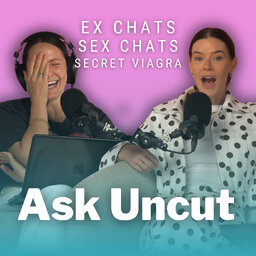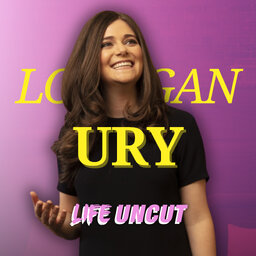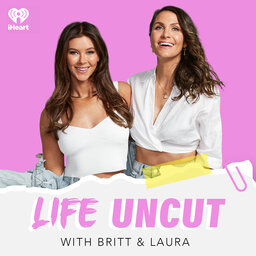Am I an alcoholic? Emily Weir from sobriety to Home and Away
Hey Lifers!
In this episode, we sat down with the talented Emily Weir, known for her role as Mackenzie Booth on "Home and Away." Emily shares the highs and lows of her path into acting, as well as the challenges she faced with alcoholism, her path to recovery, and the realities of living with OCD and anxiety.
Emily shares how:
-Her success in acting wouldn't be there if she hadn't committed to being sober
-She realised she had a problem with alcohol
-Her life and friendship groups shifted after going sober
-Substances/alcohol can be the mask to what's going on under the surface
-To seek and get help if you have a bad relationship with booze
Em is a particularly insightful woman and in this chat, she opens up so vulnerably in the hopes that she can help shift the narrative of what an 'alcoholic' looks like.
You can follow Emily's Instagram
If you have an question please send it on it to life uncut podcast on Instagram here
Join us on tiktok
Or join the facebook group here
Tell your mum, tell your dad, tell your dog, tell your friend and share the love because WE LOVE LOVE! xx
Life Uncut
Talking all things love, life, lust, and a bunch of other stuff. Nothing is off limits in this podca…Social links
Recent clips

Ask Uncut - My Boyfriend's Secret Viagra & Sex-Chatting Husband
47:35

Why Is Everyone Craving “Chalant Dating?” Uncut with Logan Ury
49:41

Bondi, Our Hearts Are Broken
05:53
 Life Uncut
Life Uncut